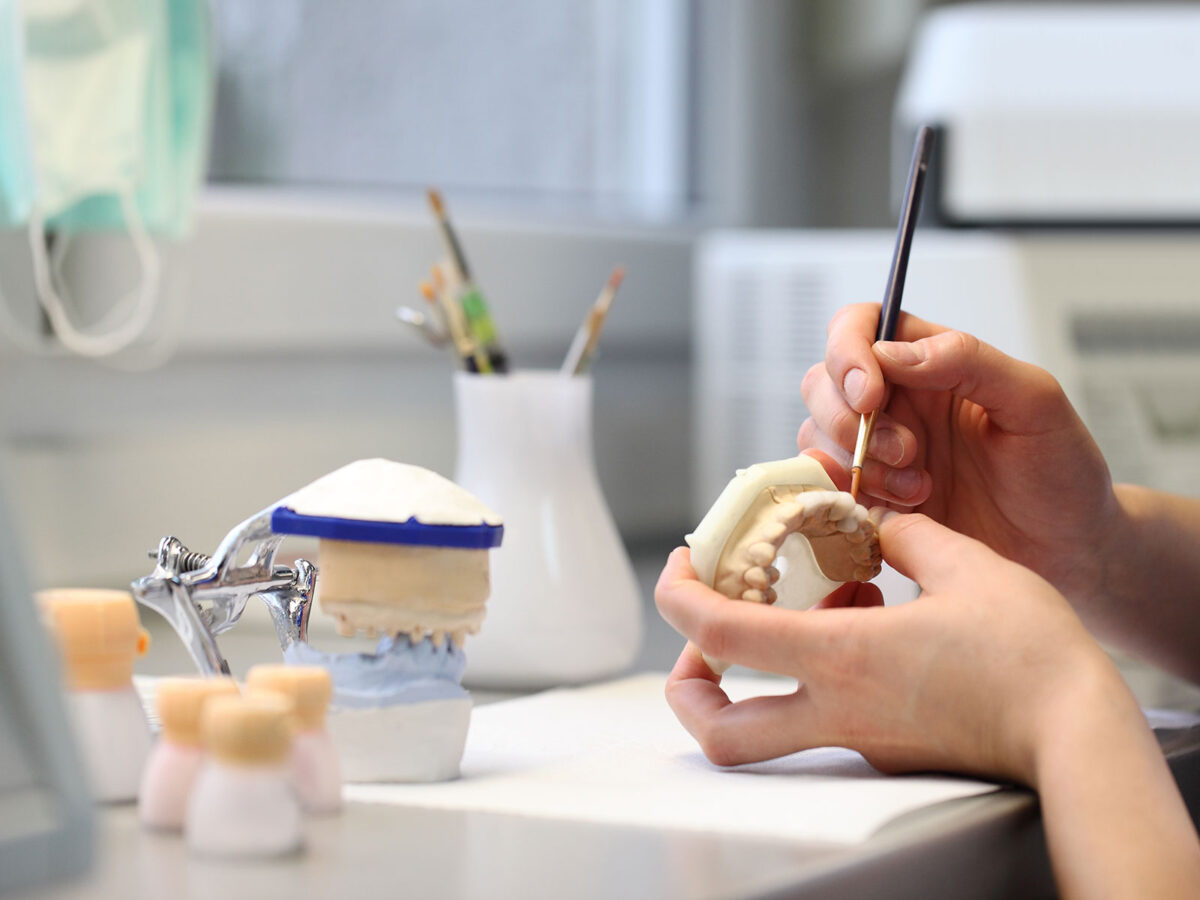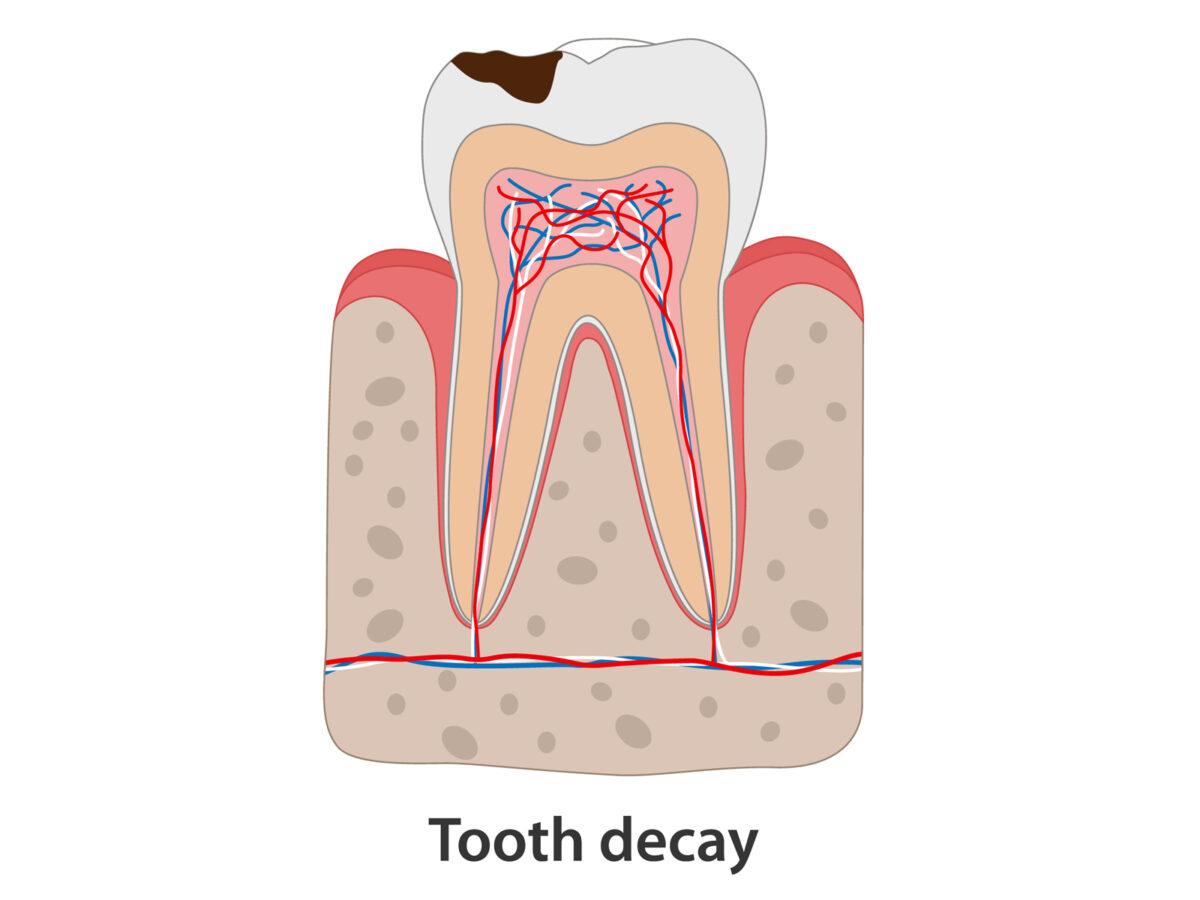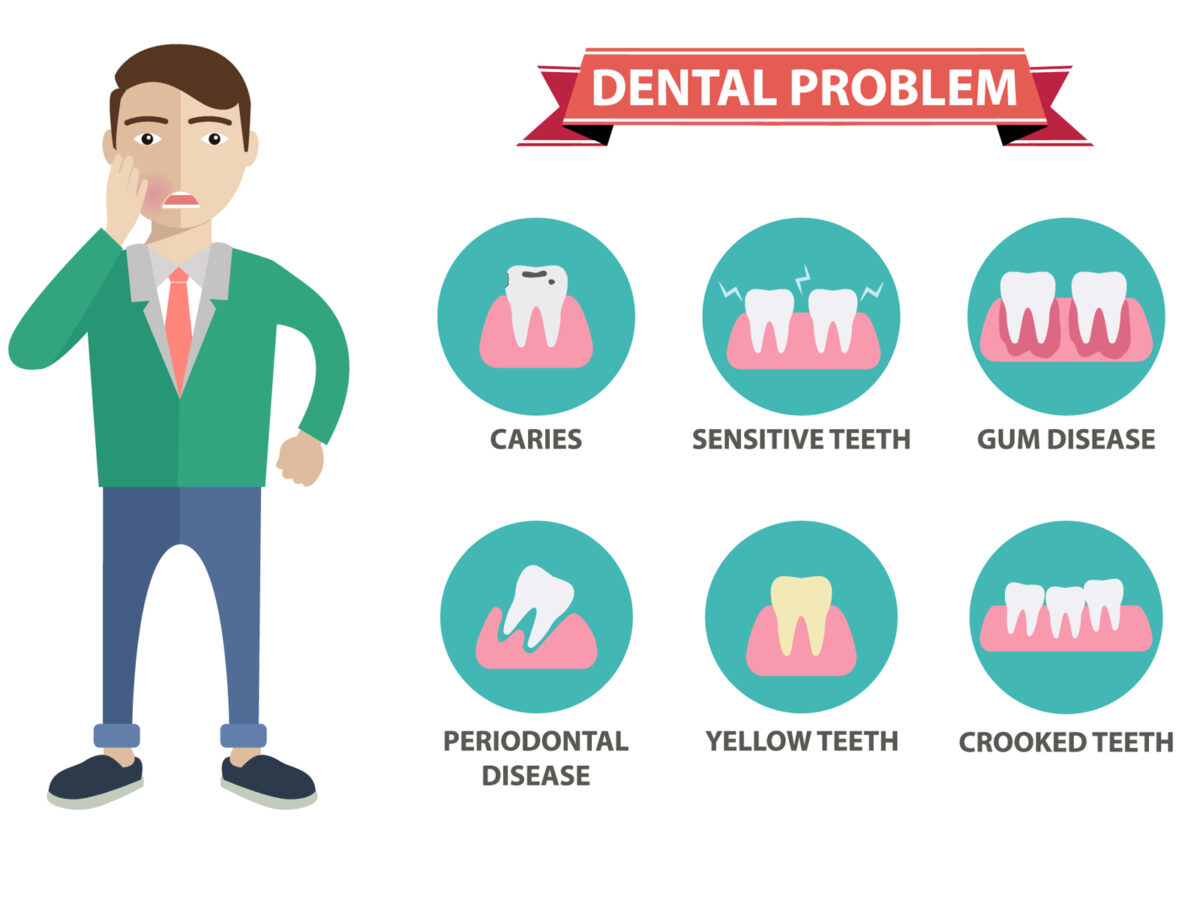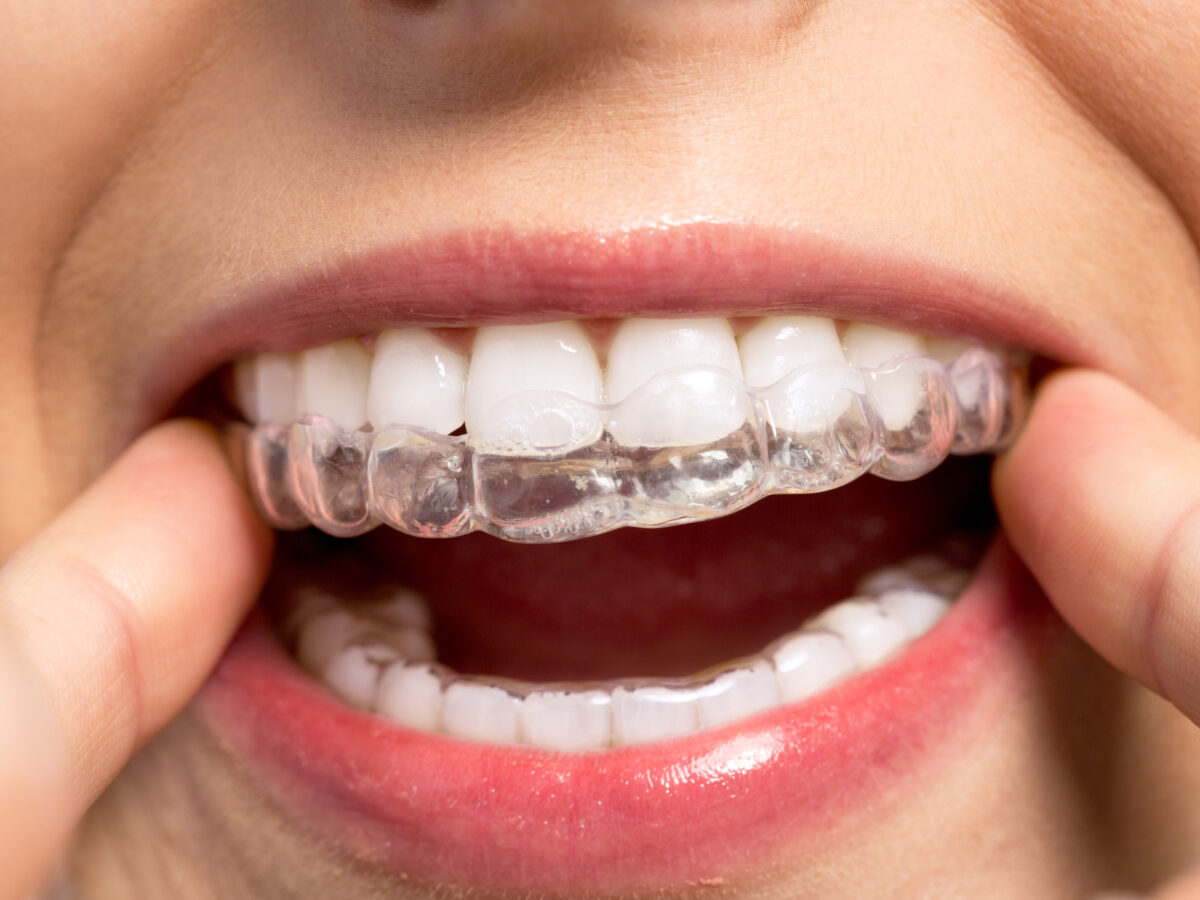When you lose a tooth, you may experience difficulty smiling, eating, talking, and changing your face shape. Additionally, the cost of treatments may seem exorbitant and overwhelming. Though getting dentures is a convenient, non-invasive, and affordable way to restore your smile after tooth loss. The following are some advantages and disadvantages for those seeking a tooth replacement solution.
In fact, the key advantages and disadvantages of dentures will help you decide whether this is the right option for you.
Advantages Of Dentures
- Dentures Can Be Installed Without Surgery
The process of getting dentures is easy, simple, and fast due to the fact that there is no need for surgery. Unlike dental implants, dentures do not require hours of surgery at the clinic. The process of claiming your new smile is made simple by professionals.
- A Full Set Of Dentures Is Less Expensive Upfront Than Dental Implants.
A further reason for choosing dentures is their relative affordability. It is less time-consuming and requires less material, which reduces the cost. Ensure to consider your budget when discussing denture solutions with your denture specialist.
- Easily Modified If Something Seems Wrong
Dentures are made from highly durable, high-quality materials that are designed to function with your natural teeth in harmony. It is possible to modify your existing dentures if additional teeth are lost in the future. Most importantly, dentures can be easily replaced or repaired if they are accidentally broken or damaged by scheduling an emergency service appointment with your denture clinic.
Disadvantages Of Dentures
- Have A Habit Of Moving A Lot
The removable nature of dentures makes them prone to moving in your mouth when you are eating or speaking. The first time you wear them, you’ll have to speak or chew slowly to keep them in place.
- Can Be Difficult To Maintain
The most effective way to maintain your dentures is to brush them religiously, store them in a glass of water before bed, and avoid letting them fall on hard surfaces. However, you’ll soon get used to them once you get a complete set of teeth.
Things To Consider When Choosing Dentures
- Regular Cleaning And Maintenance Are A Must
Bits of food and drink can be retained in dentures, allowing germs and bacteria to thrive between them and your gums. In order to maintain a healthy and comfortable fit with your dentures, regular removal and cleaning are essential to preventing the growth of bacteria and keeping your gums healthy and disease-free.
- Increasing the frequency of professional maintenance or denture repair services
Generally, denture rebasing or a similar service should be performed every five years. The reason for this is that over time, your gums may recede, resulting in discomfort and poor fit. The replacement of dental implants only requires surgery once every 20 years, making dentures less durable.
- There Are Other Options For Natural-looking Teeth
A full set of dentures can be a suitable solution for improving the appearance of missing teeth. It can be difficult to distinguish between real and fake teeth because the denture base usually matches the color of your natural gums. Despite these limitations, dentures are not completely inconspicuous, especially when compared to dental implants, which are difficult to detect. For dental implants to look more natural, surgically inserted posts are used to secure them to keep them parallel to the contours of your face and smile.
Although dentures are a convenient method of replacing missing teeth, weighing both pros and cons is imperative. One of the most essential benefits of having a complete set of dentures is that it restores your smile and improves your self-esteem. For more information about dentures, get in touch with your trusted dentist.




